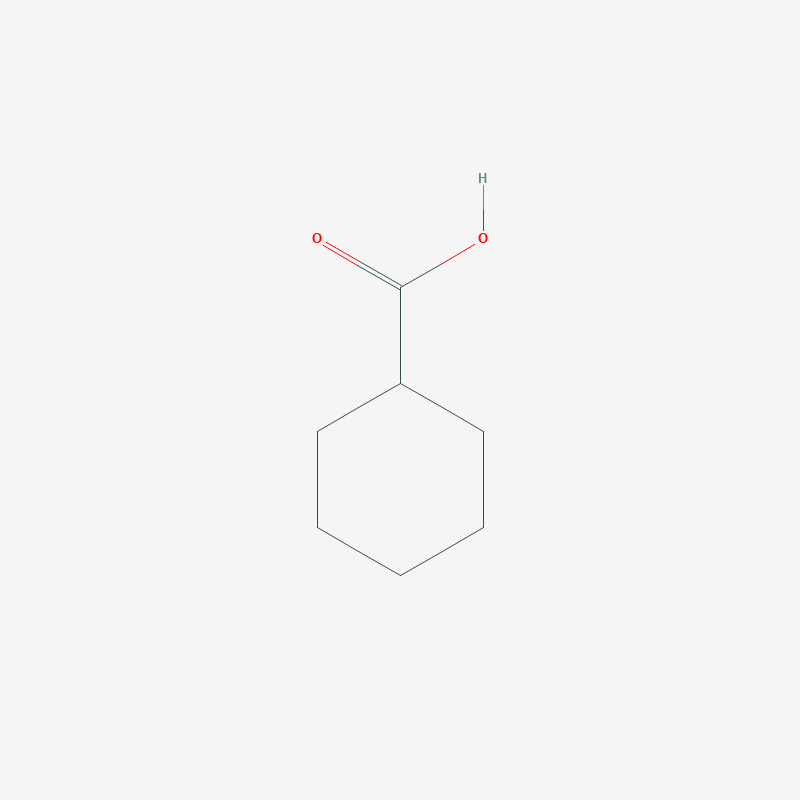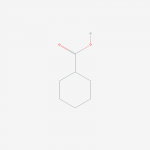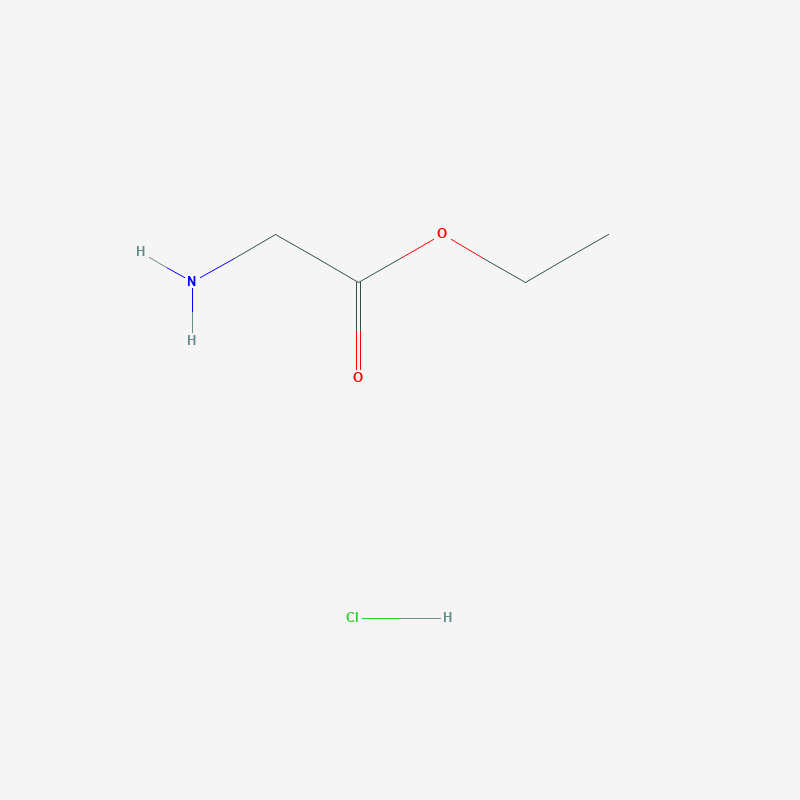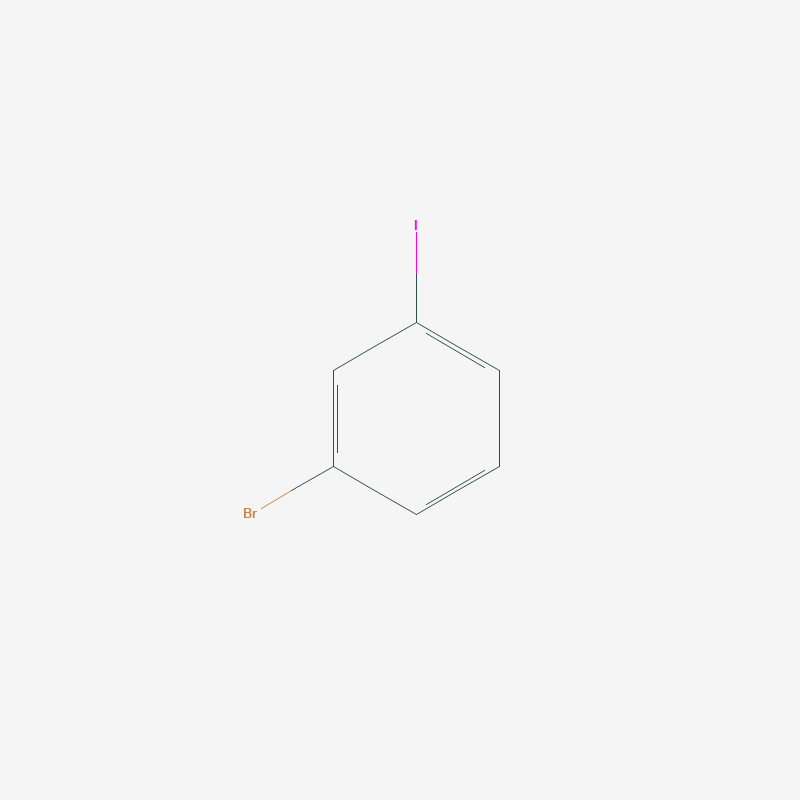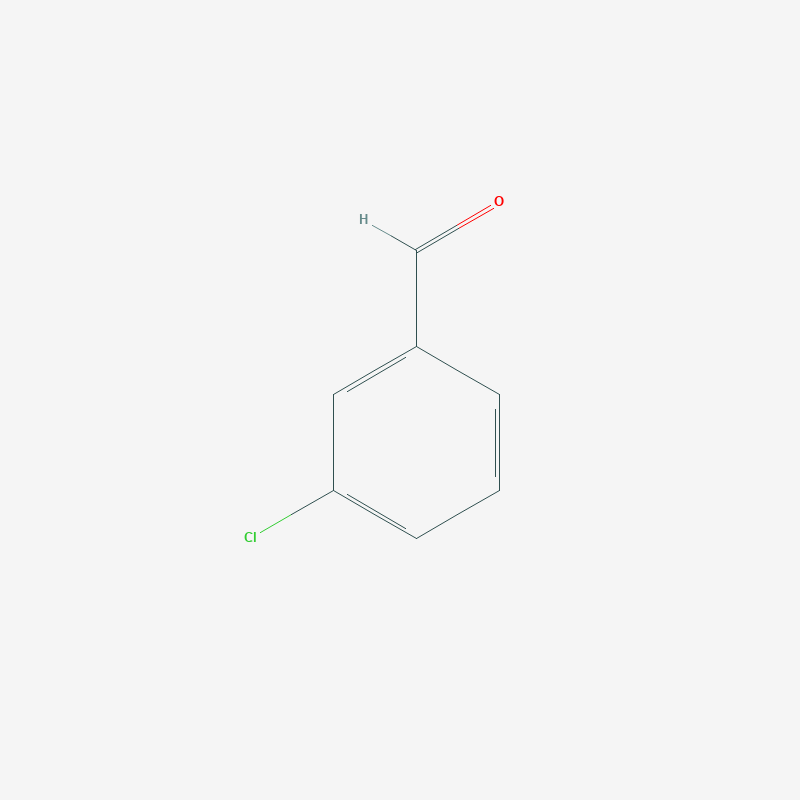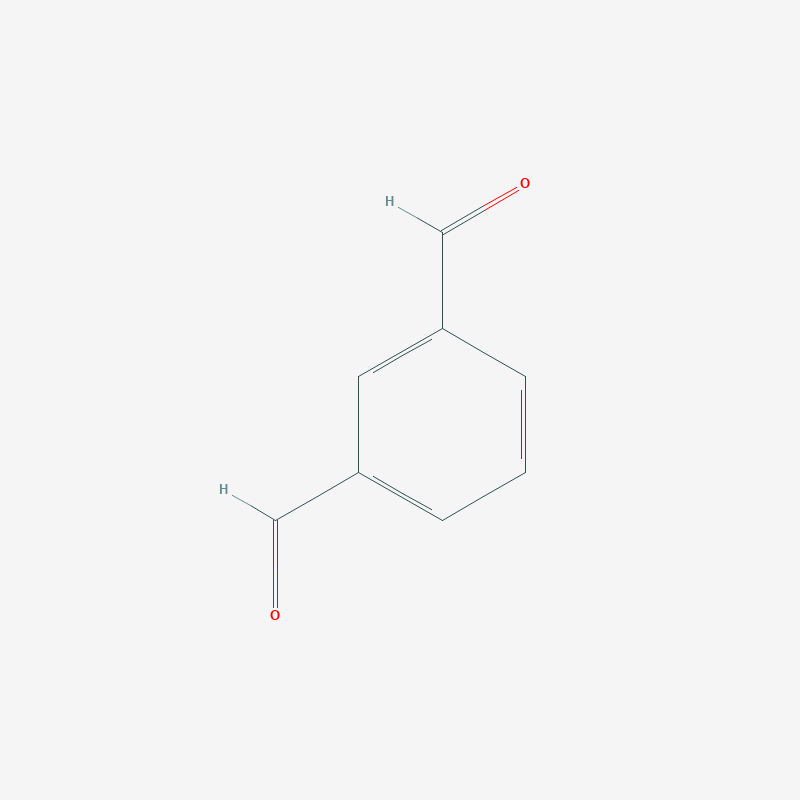| Purity / Analysis Method | >98.0%(T) |
| Molecular Formula / Molecular Weight | C7H12O2 = 128.17 |
| Physical State (20 deg.C) | Solid |
| CAS RN | 98-89-5 |
| PubChem Substance ID | 87565591 |
| Merck Index (14) | 2724 |
| MDL Number | MFCD00001461 |
Cyclohexanecarboxylic acid
Purity : >98.0%(T)
CAS No.: 98-89-5
EC No.: 202-711-3
EC Name: cyclohexanecarboxylic acid
ECHA Name: Cyclohexanecarboxylic acid
Synonyms:
CYCLOHEXANECARBOXYLIC ACID
98-89-5
Hexahydrobenzoic acid
Cyclohexanoic acid
Cyclohexylcarboxylic acid
Enquire For Best Price
For all our chemicals TDS, MSDS and CoA are available upon request
Specification & Properties
Specifications:
| Appearance | White or Colorless to Light yellow powder to lump to clear liquid |
| Purity(GC) | min. 96.0 % |
| Purity(Neutralization titration) | min. 98.0 % |
Properties:
| Melting Point | 27 deg.C |
| Boiling Point | 233 deg.C |
| Solubility in water | Slightly soluble |
| Solubility (soluble in) | Ethanol,Benzene,Ether,Chloroform |
Safety & Regulations
Safety Information:
| Chemical Safety |
| Signal Word | Warning |
| Hazard Statements | H315 : Causes skin irritation. H319 : Causes serious eye irritation. |
| Precautionary Statements | P264 : Wash skin thoroughly after handling. P280 : Wear protective gloves/ eye protection/ face protection. P302 + P352 : IF ON SKIN: Wash with plenty of water. P337 + P313 : If eye irritation persists: Get medical advice/ attention. P305 + P351 + P338 : IF IN EYES: Rinse cautiously with water for several minutes. Remove contact lenses, if present and easy to do. Continue rinsing. P362 + P364 : Take off contaminated clothing and wash it before reuse. P332 + P313 : If skin irritation occurs: Get medical advice/ attention. |
Related Laws:
| RTECS# | GU8370000 |
Transport Information:
Hazard Classification:
Warning!
According to the classification provided by companies to ECHA in REACH registrations this substance
causes serious eye irritation,
may cause damage to organs through prolonged or repeated exposure and
causes skin irritation.
